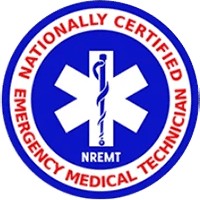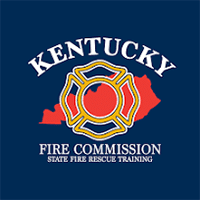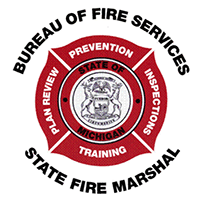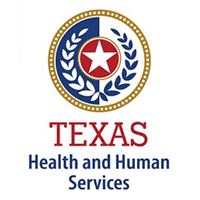

Lexipol’s learning academies combine public safety online training with features that make it easy to build assignments, manage credentials, and track and report training hours. With options ranging from short videos to full-length classes, it’s simple to keep your personnel up to date, enhance safety and improve the effectiveness of your overall training program.
View FireRescue1 Academy Course Catalog
View EMS1 Academy Course Catalog
FireRescue1 Academy and EMS1 Academy courses are designed to meet and exceed industry standards set by accrediting and approving fire and EMS authorities





Plus, accreditation in these additional states: